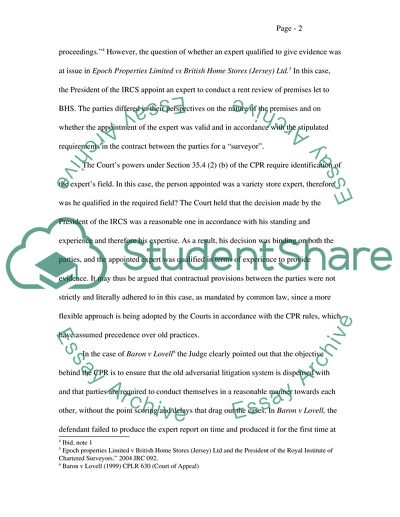Cite this document
(Role of the Expert in Rent Review Proceedings Essay, n.d.)
Role of the Expert in Rent Review Proceedings Essay. Retrieved from https://studentshare.org/law/1706371-law-essay-degree-level-2-part-question-see-attached
Role of the Expert in Rent Review Proceedings Essay. Retrieved from https://studentshare.org/law/1706371-law-essay-degree-level-2-part-question-see-attached
(Role of the Expert in Rent Review Proceedings Essay)
Role of the Expert in Rent Review Proceedings Essay. https://studentshare.org/law/1706371-law-essay-degree-level-2-part-question-see-attached.
Role of the Expert in Rent Review Proceedings Essay. https://studentshare.org/law/1706371-law-essay-degree-level-2-part-question-see-attached.
“Role of the Expert in Rent Review Proceedings Essay”, n.d. https://studentshare.org/law/1706371-law-essay-degree-level-2-part-question-see-attached.


